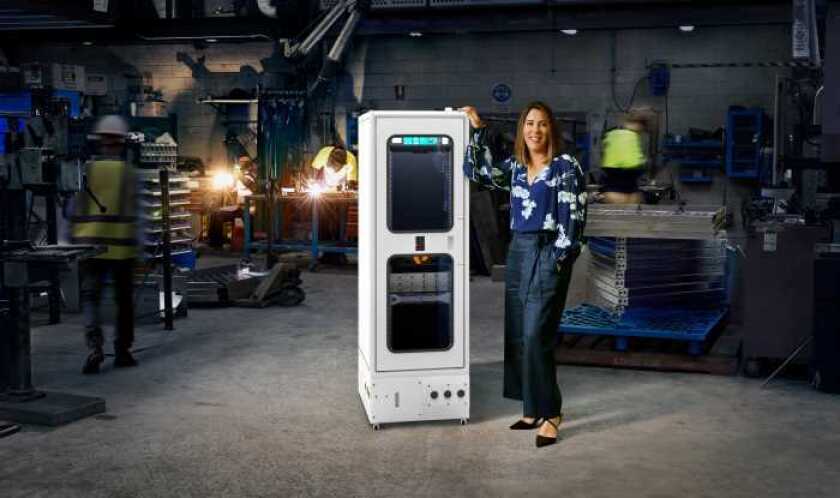The result is a vendor-agnostic approach to software, hardware manufactured to global standards, and partners across six continents, according to the company.
The Perth-based Zella DC has recently beat out several global IT heavy-weights to secure a multi-country deal with a US pharmaceutical group.
Zella DC founders Angie and Clinton Keeler have been on a 10-year journey to deliver the next generation of micro data centres.
This journey is now bearing fruit with Zella DC securing a number of global enterprise accounts that will see Zella DC micro data centres deployed in six continents across a wide range of industries.
In an exclusive interview with Angie Keeler (pictured), she says that the companies micro data centres are right at the very edge of the network.
“We expect the edge to evolve rapidly in all industry segments. It is expected to grow exponentially over the next few years,” she says.
“Our target sectors over the next five years will include telcos. With the Internet of Things (IoT) and AI becoming such an important aspect of our lives, the telco markets will be driving the last mile networks of the wireless 5G networks.”
The recent deal for Zella DC in the US adds to a growing list of global organisations, including BT, Chevron, BHP, and Austal, that see Zella DC data centres as critical to their future data management strategies.
Keeler adds, “With the increasing popularity of hyper-converged IT infrastructure, the majority of our customers are looking for data centre solutions that are fast, secure, scalable and cost effective, and Zella DC ticks all of those boxes.”
“The growing adoption of the Zella DC technology, especially by major global players, has really validated that we are moving in the right direction and we fully expect our growth to accelerate as more companies see the benefits of the Zella DC solutions.”
Providing massive energy efficiencies and rapid scalability options, the Australian-made Zella DC micro data centres are positioned within the edge computing industry, a global market that is forecast to reach $18.7 billion by the year 2027, trailing a post COVID-19 CAGR of 27.7% over the analysis period 2020 through 2027, according to Reportlinker.
“One thing that is really important is identifying what is driving edge computing,” adds Keeler. “The main driver is the huge amount of data that is being generated at the edge.
“Another primary driver is limitations of the cloud. The micro data centre compliments the cloud in a way that the cloud is now going to become more of a long-term processing of data point.”
Gold Fields
There were two primary considerations that led Gold Fields to consult Zella DC in order to achieve their data security objectives.
Firstly, Gold Fields had significant auditing obligations and needed a system that helped to streamline their existing processes, the company revealed.
By working with the team at Zella DC, Gold Fields said it was able to considerably improve response times.
Their second consideration was the overall safety management of their data both in terms of cyber threats and also the environmental threats of extreme heat, dust and cyclonic winds all of which are synonymous with mining in the outback. With mine sites located in the harshest of environments reliability was a significant consideration.
Clinton Keeler, Zella DC’s Co-Founder and CTO says, “The Zella DC modular micro data centres give our customers the flexibility to supplement or completely replace their existing fixed server room infrastructure, and be up and running within days instead of months.”
Keeler concludes that there are two different types of drivers, business and technical. She ends on the note that there is no longer a need for a server room, but the data needs to be stored in a highly secure and regulated environment, which is where Zella DC comes into the mix.





